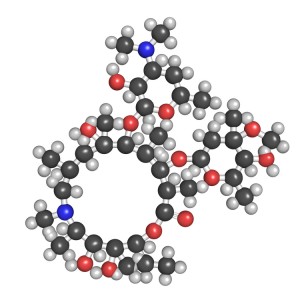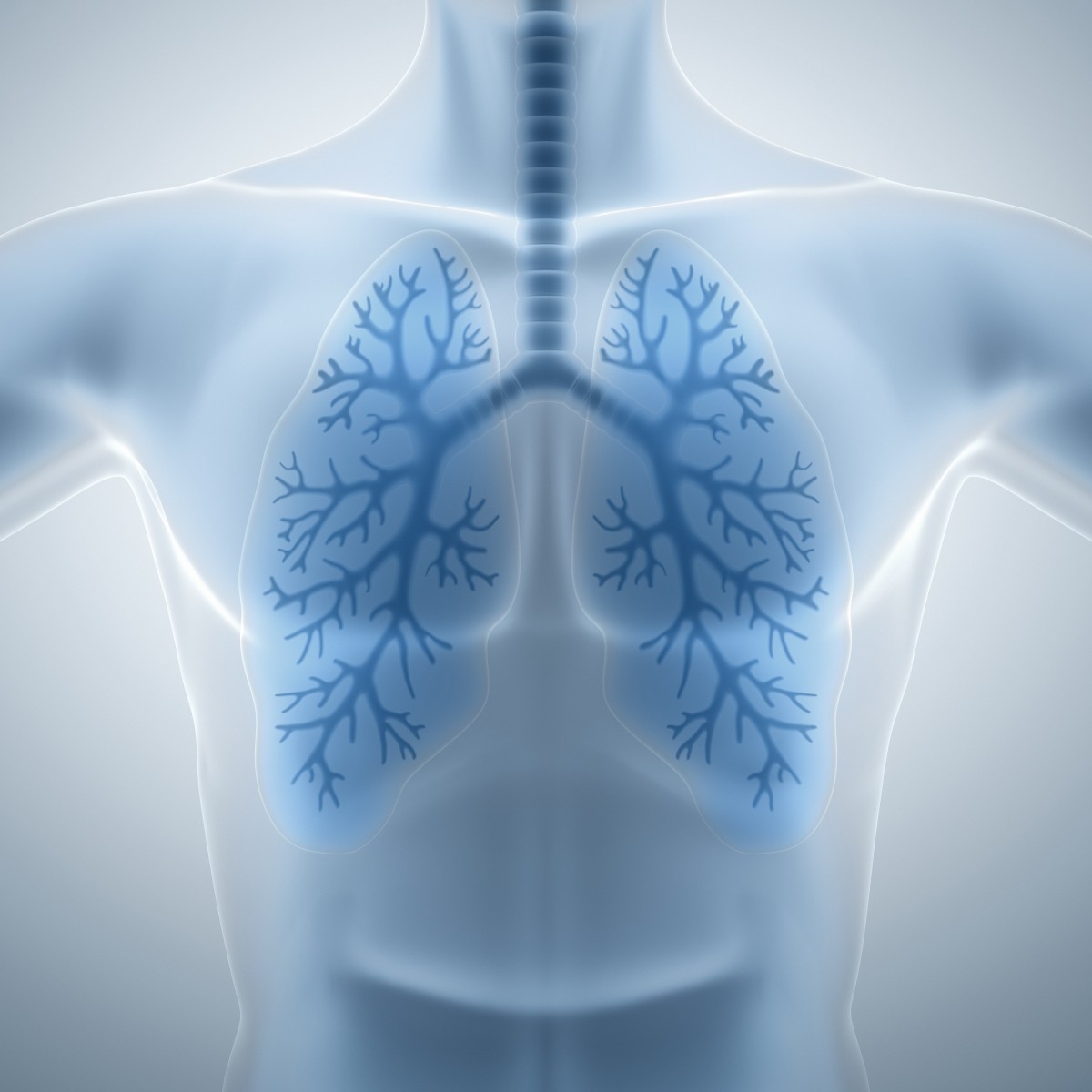 A new study entitled “Effects of long-term use of macrocodes in patients with non-cystic fibrosis bronchiectasis: a meta- analysis of randomized controlled trials” was published in the BMC Infectious Diseases by Li-Chao Fan and Hai-Wen Lu, first co-authors, and Li-Chao Fan, senior author, from the Department of Respiratory Medicine at Shanghai Pulmonary Hospital in China, along with colleagues.
A new study entitled “Effects of long-term use of macrocodes in patients with non-cystic fibrosis bronchiectasis: a meta- analysis of randomized controlled trials” was published in the BMC Infectious Diseases by Li-Chao Fan and Hai-Wen Lu, first co-authors, and Li-Chao Fan, senior author, from the Department of Respiratory Medicine at Shanghai Pulmonary Hospital in China, along with colleagues.
Chronic respiratory diseases are responsible for about 4 million deaths globally per year. Non-Cystic Fibrosis bronchiectasis (nCFBR) is a respiratory disease characterized by a constant airway inflammation, with an abnormal and irreversible dilation of the lower bronchi occurring normally in older populations. Individuals with nCFBR show susceptibility for Pseudomonas aeruginosa (Pa), an opportunistic pathogen, and atypical accumulation of mucus in the lower respiratory tract that lead to recurrent exacerbations and progressive airway destruction.
The standard treatment for bronchiectasis has been to interfere with the continuous process of mucus stasis, infection, inflammation, and airway destruction. Previous studies have shown that macrolides, a group of drugs that are typically antibiotics, have immune-regulatory and anti-inflammatory effects besides anti- microbial effects. Patients with diffuse panbronchiolitis, COPD and cystic fibrosis have been prescribed with macrolide antibiotics. Recent studies have shown positive effects although variable in non-CF bronchiectasis treatment probably due to their small sample size and study methodology.
The present study consisted of a systematic assessment of the efficacy and safety of macrolide in long-term treatment of patients with non-CF fibrosis bronchiectasis. The research team searched for studies included in Embase, Pubmed, the Cochrane Library and Web of Science databases until March 2014. They evaluated as primary and secondary outcomes, respectively, the improvement of exacerbations of bronchiectasis and changes of microbiology, lung function, quality of life, sputum volume, adverse events and macrolide resistance. They found in the databases 139 previous studies, among which ten had 601 patients that were used in this analysis.
The research team found that the use of macrolides in the treatment of patients with non-CF bronchiectasis induced a statistically-significant improvement in reducing occurrence of exacerbations, decreased lung function decline and sputum volume, improved quality of life but it may increase side effects and pathogen resistance in these patients.

